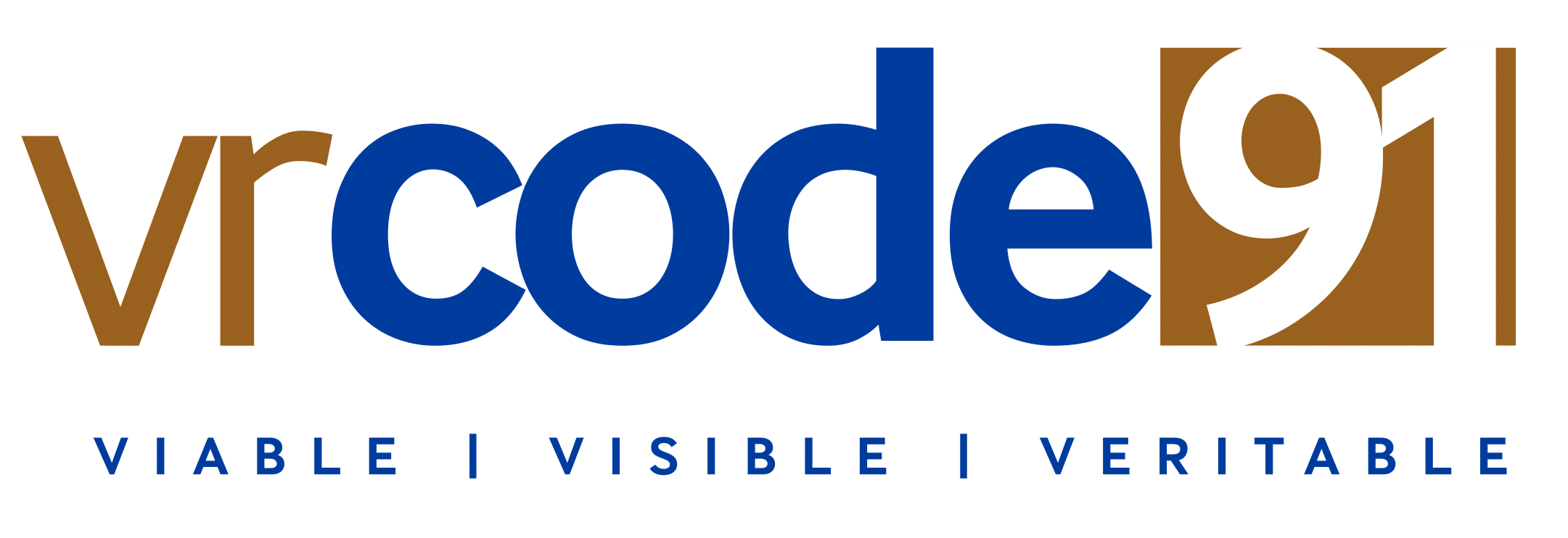
As the real estate market continues to evolve, prospective investors often ask the same question: Is it a good time to invest in real estate? Whether you’re considering your first property purchase or looking to expand your portfolio, it’s crucial to evaluate the current market conditions, interest rates, and your personal financial situation before diving in.
In this blog post, we’ll explore the key factors to consider and help you determine if now is the right time to make your real estate investment.
1. Market Conditions: What’s Happening Right Now?
The real estate market can be cyclical, with times of growth followed by market corrections. The current state of the market largely depends on where you’re looking to invest. Some areas may still be experiencing growth, while others might show signs of stagnation.
To assess whether it’s a good time to invest, here are some key trends to consider:
- Home Prices: Home prices in many areas have been on the rise over the past few years, fueled by low inventory and high demand. However, in some markets, price growth is slowing or plateauing. Keeping an eye on price trends in your area of interest is essential.
- Interest Rates: Mortgage rates play a significant role in the cost of borrowing. In 2024, rates are still higher than they were during the ultra-low interest rate environment of the past few years. Higher rates can increase the cost of financing a property, which could affect your return on investment (ROI).
- Inventory Levels: A shortage of available properties can drive up competition and prices. In some cities, inventory is still tight, making it challenging for investors to find good deals. In contrast, other areas may have more supply, providing more options at a potentially better price.
2. Your Financial Situation: Can You Afford to Invest Now?
While market conditions are important, your personal financial situation is just as critical when deciding whether to invest in real estate.
Ask yourself the following questions:
- Do you have a solid down payment? In most cases, you’ll need at least 20% of the property value as a down payment to avoid private mortgage insurance (PMI) if you’re financing. Having a larger down payment will help you secure better financing terms and reduce your monthly payments.
- Is your credit score strong enough for favorable financing? A higher credit score can help you secure lower mortgage rates, which is especially important in a high-rate environment.
- Are you prepared for maintenance and other costs? Owning a property involves more than just paying the mortgage. Maintenance, property taxes, insurance, and management fees are ongoing costs that must be accounted for in your investment strategy.
- Do you have an emergency fund? Real estate can be unpredictable, and having a financial buffer will ensure you’re protected if unexpected costs arise or if the market takes a downturn.
3. Long-Term Outlook: Are You Ready to Commit?
Investing in real estate requires a long-term commitment. The best real estate investments usually take time to appreciate and generate returns. If you’re looking for quick profits, real estate might not be the best vehicle.
- Appreciation Potential: If you’re investing in a property that’s likely to appreciate in value over time, your returns may be greater, especially if you plan to hold the property for several years.
- Rental Income: Another avenue of real estate investment is buying rental properties. If you’re purchasing with the intention of renting out the property, assess the demand for rental units in the area. A strong rental market with high demand can provide consistent cash flow.
4. Emerging Markets: Look for Opportunities Outside Traditional Hotspots
While major metropolitan areas often receive the most attention, emerging markets can present lucrative opportunities. In smaller cities and suburban areas, properties may be more affordable, with growth potential as remote work and migration patterns shift. Researching areas with increasing job growth, improved infrastructure, and rising demand for housing can provide you with a significant return on investment.
5. Diversification: Building a Balanced Portfolio
Real estate is a long-term investment, but you can still diversify your portfolio within this asset class. Investing in different types of properties—residential, commercial, or vacation rentals—can help balance the risks. Additionally, you can consider REITs (Real Estate Investment Trusts) if you’re not ready for direct property ownership, which offers exposure to real estate markets without the need to manage physical properties.
6. Local Factors Matter
When it comes to real estate investment, location is everything. The best time to invest can vary significantly by location. While national or global economic factors can impact the market, local conditions—such as job growth, housing demand, and regional economic factors—play a significant role in determining whether it’s a good time to invest in a specific area.
Conclusion: Is It a Good Time to Invest in Real Estate?
In summary, whether it’s a good time to invest in real estate depends on a variety of factors: the current market conditions, interest rates, your personal finances, and your long-term investment strategy. While real estate is generally considered a stable and appreciating asset over time, it’s important to be prepared financially and strategically.
Before making any investment decision, take the time to research your target market, assess your financial readiness, and consult with professionals, including real estate agents, mortgage brokers, and financial advisors. With the right knowledge and planning, real estate can be a rewarding investment, regardless of market fluctuations.
Ready to explore real estate investment opportunities? Get in touch with VRCODE91 today, and let’s talk about your next big move!










